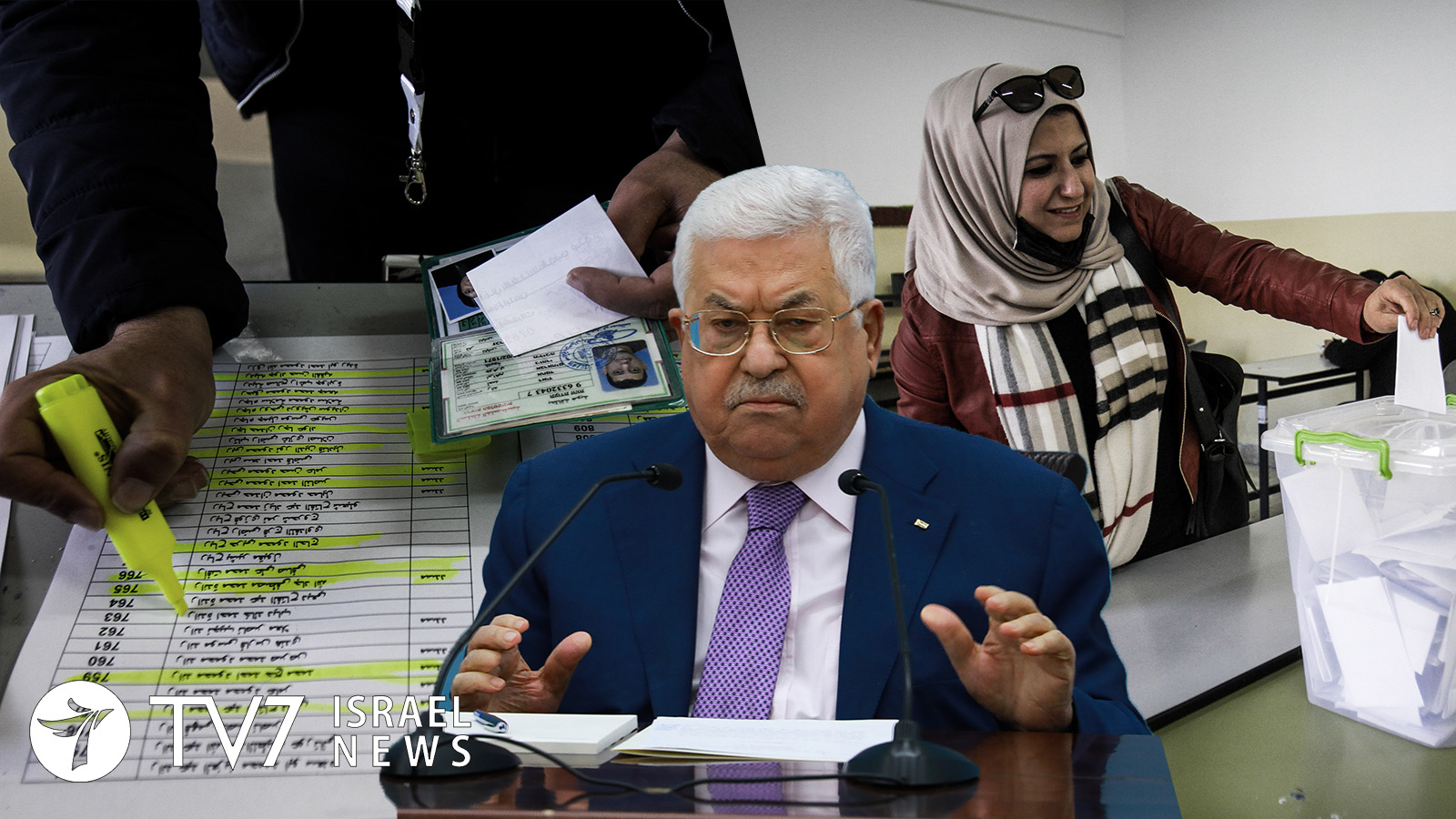Palestinian President Mahmoud Abbas is widely expected to imminently announce cancellation of the first elections in 15 years, amid infighting in his Fatah party and a dispute over voting in Jerusalem.
Many Palestinians were skeptical from the start on whether parliamentary and presidential votes planned for May and July would even take place after they were announced by Abbas in January. The 85-year-old Abbas was elected to a 4-year term in 2005.
The Islamist Hamas rulers of Gaza announced they will hold Israel accountable if there is a delay in the 22 May Palestinian legislative ballot, which they are projected to win.
Hamas seized control of Gaza in a bloody internecine war in 2007 from Abbas’s Palestinian Authority (PA), which has limited self-rule in the West Bank. The two have been in a protracted power struggle since.
The Palestinian Election Commission said that 150,000 eligible voters will be able to cast ballots on the outskirts of Jerusalem while about 6,300 would vote within the city, in accordance with past agreements with Israel and the conducting of the Palestinian’s last election in 2006.
Sources on both sides informed TV7 that Israel acceded to that request, on condition the voting be conducted under its supervision – which was rejected by the PA. There is ongoing dialogue over the PA demand for the opening of dozens of polling stations in Jerusalem, said the sources.
Jerusalem is at the heart of the Israeli-Palestinian conflict. The contested city was divided after Israel’s 1948 War of Independence and reunited after Israel captured the eastern side from Jordan in the 1967 Six Day War. Israel legally annexed that territory in 1980 and regards Jerusalem as its indivisible capital, while Palestinians want the eastern sector for their future state.
Abbas reportedly informed the European Union on Tuesday of his decision to delay the vote, but the 27-member state asked him to hold back the announcement to allow for time to pressure Israel over the matter. Israel’s Foreign Ministry’s Political Director Alon Bar held talks with 13 EU ambassadors the same day, during which the Foreign Ministry stated that he “emphasized to the ambassadors that the elections in the Palestinian Authority are an internal Palestinian issue, and that Israel has no intention of intervening in them nor preventing them.”
Palestine Liberation Organization Executive Committee Member Wasel Abu Yousef vowed that, “If there is a stance by the Israeli occupation government to obstruct the election through mediators that are putting pressure on the occupation to enable the election (in Jerusalem), any negative response will lead to postponing the elections.”
Hamas Spokesman Hazem Qassem responded that “It is unfortunate that the Fatah faction (Palestinian Authority) is discussing the delay of the elections instead of discussing the methods of holding these elections in Jerusalem, and how to pressure the occupation in holding these elections, just like the Jerusalemites were able to put pressure and remove the barriers recently [from the Damascus Gate], and before that – the removal of the metal detectors on gates [within the Old City]. The Palestinian Authority is evading of elections and using Jerusalem as an excuse instead of holding a serious national dialogue.”
In another official statement, the Hamas terror group insisted that it “will not accept being party to the election’s delay or cancellation” and is calling on other factions to support the designation of 22 May as a “national day” for Palestinians to confront Israel in an effort to force the vote.
The timing of the long-awaited Palestinian polls was largely seen as a bid to reset relations with Washington under President Joe Biden. Washington began the restoration of aid to Palestinians in the West Bank and Gaza that had been severed under former President Donald Trump.
Palestinian analysts say the Jerusalem dispute offers Abbas an excuse to call off elections he jeopardize his long grip on power. His own Fatah party is split among internal challengers, in divisions that are likely to facilitate the gaining of more seats by Hamas; which is also a key factor as to why Fatah lost the previous elections.
“(Abbas) could certainly use (Jerusalem) as a pretext to delay the election,” Gaza political analyst Talal Okal told Reuters, adding that Abbas’s main concern “is Fatah, its separate lists, and fears that Hamas might get higher votes than Fatah.”
According to a recent poll by Israel’s Channel 13, 32% percent of Palestinian voters support Hamas, just 17% back Fatah and 13.9% favor Abbas’ rival Mohammad Dahlan in the legislative elections. 28% of Palestinians said they would vote for Hamas leader Ismail Haniyeh as the next Palestinian President, while a lowly 11% voiced support for Abbas.
